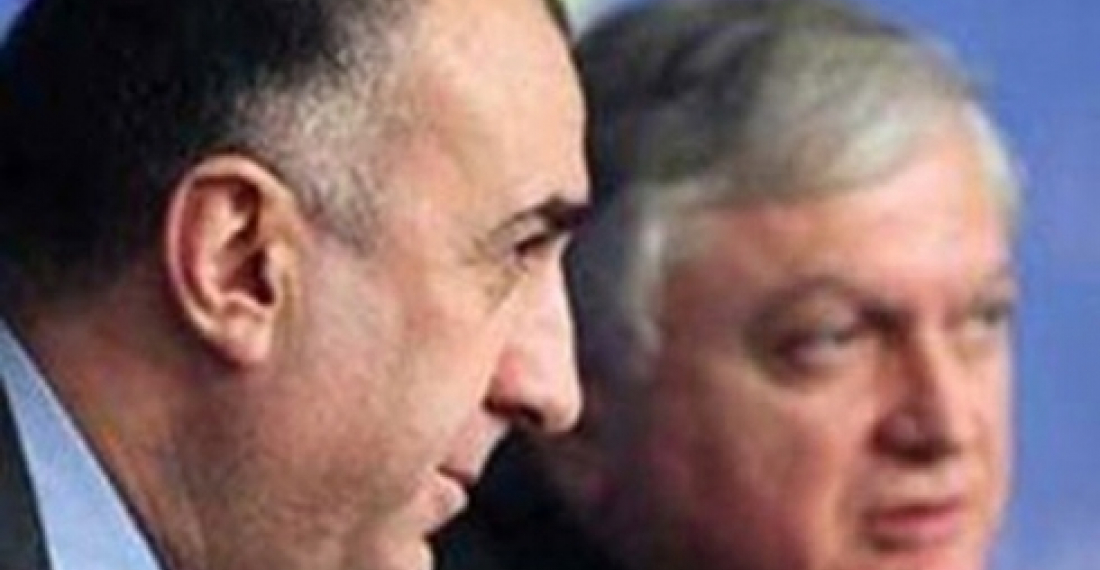The long awaited meeting between the Azerbaijani and Armenian foreign ministers Elmar Mammadyarov and Edward Nalbandian took place in Paris on Saturday, 27 October. This was the latest effort to push forward negotiations on the settlement of the conflict between Armenia and Azerbaijan over Nagorno-Karabakh.
The Azerbaijani news agency APA quoted a spokesperson for the Azerbaijani Foreign Ministry saying that the two sides discussed how to "change the status quo" and "address the standstill in the conflict settlement process." The sides also discussed the Minsk Group co-chairs' planned visit to the region in the second half of November.
The meeting of the two foreign ministers was facilitated by diplomats representing the three OSCE Minsk Group co-chair countries, France, the United States and Russia.
Commonspace.eu political editor said that there is some relief in the international community that after a break of over four months the diplomatic channels between the two countries have been renewed, but there are no signs that either side have changed their intransigent position.
source:commonspace.eu
photo: Foreign Ministers Mammadyarov and Nalbandian (archive picture).







